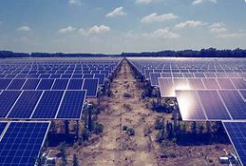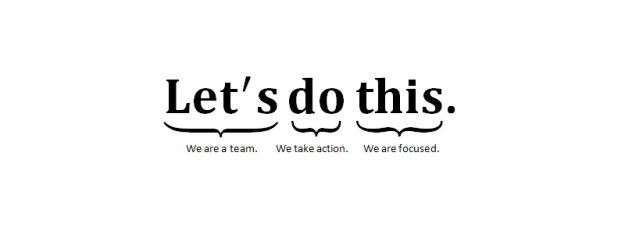Collaboration with India
We have a collaboration with Reshma Rajesh and Ashish P John from India. We got in contact at the very beginning in class and we talked together via video. There we exchanged numbers and now we have a collaboration together.
On 26.10.2020 we had a short chat with Reshma. She will comment on our project and we also commented on her project. We think that we connect our projects well. We can also send her our survey and she will distribute it in her school.
We can also send our survey to America, Germany, England, Netherlands, Brazil, Austria, Sri Lanka, and India.
It will be a great survey of many different countries. :-)
Debora and Melane
In very densely populated cities like Zurich, the many buildings have an immense impact on the city's climate and the environment. Based on this knowledge, we see it as important to think about the previous construction of buildings.
In our project we would like to show the difference between the building material and the surface of different buildings. We investigate and compare common building materials with each other, as well as different possibilities of surface texture. From this, we create two models which are the best and worst combination and what differences they represent for the climate. The focus is on the lifecycle of the different building materials and the resulting consequences for the environment and climate.
Taking into account various factors to determine the models there may be different results depending on the location. As a team based in Zurich, we create the model from a Swiss perspective. A cooperation to see a different point of view and therefore different insights could be quite useful.

Justin & Dario
Recently the buzz about disposable products has been high and with our current situation where resources are on a all time low, its time that we start discussing the impact of our actions.
Disposable products are usually used once or twice and are thrown away (often they are not recycled). In the case of plastic, we are aware that it is non-biodegradable in nature and yet we continue to use them. Plastic bags choke the wildlife and refuse to break down in oceans or landfills. They aren’t easy to recycle and make environment pretty messed up.
Every year, almost 1 trillion tons of plastic is used all around the world in forms of disposable products. After the issues surrounding this had come to light, many countries had taken action by either limiting its use or completing banning it.
Through this project I would like research on:
- alternate options
- advantages and disadvantages of both limiting it or banning it
- which one will work in the long run
My contacts in Siem Reap Cambodia are currently busy with the Covid pandemic. They are taking care of school children whilst the schools are closed. They do not have the capacity to be part of a collaboration with us right now.
I have a few colleagues and contacts from Ontario Canada that I could ask if they would like to participate in or help with a cooperation project. At the moment, due to the current situation with the coronavirus, they have a lot of collage and university courses to catch up on, so a time consuming collaboration would be a bit difficult. But they said that I could always ask them if I wanted their opinion on a certain topic or if they should/could participate in a survey.

One of the most important ressources on our planet: Water
We need it in almost every aspect of our life, but we are running out of it. This leads to companys trade with it and trying to make profit with it. We want to discover how they do it and if everything is legal.
Now...
- What are the consequences for future generations?
- How did it get so far?
- How does it look with dry regions?
- What can we do?

Sunlight can provide energy, given the right installations and technologies.
If we invest more in Solar installations we have a constant energy source and we can reduce using fossil fuels or other rare, valuable ressources. Sources like oils, fuels or other eco unfreindly
Sunlight is basically free so the only high costs will be the installation and maintenance of the solar platforms. If big factories or companies should invest in these technologies, since they can easily run their production plants with it. There would be a way of storaging the energy for rainy or cloudy days.
We could start with wind or water energy as well. But since it is getting warmer and warmer in summer and people keep complaining about the heat, we might aswell use the sun to give us some advantages. But of course, water and wind are a crucial energy source as well.

What I already know about?
- I know about climate change and other global problems
- I know how to edit a video, in case we will make one for our project
- I am already familiar with publishing things on a website
- My friend and I have connections to Pakistan, which would be great for a collaboration
What do I want to learn?
- I would like to learn more about global environmental problems
- I am looking forward do working in a team
- Hopefully have a great collaboration with our friends in Pakistan
- I would love to be more cautious with our recourses of the world at the end of this year
